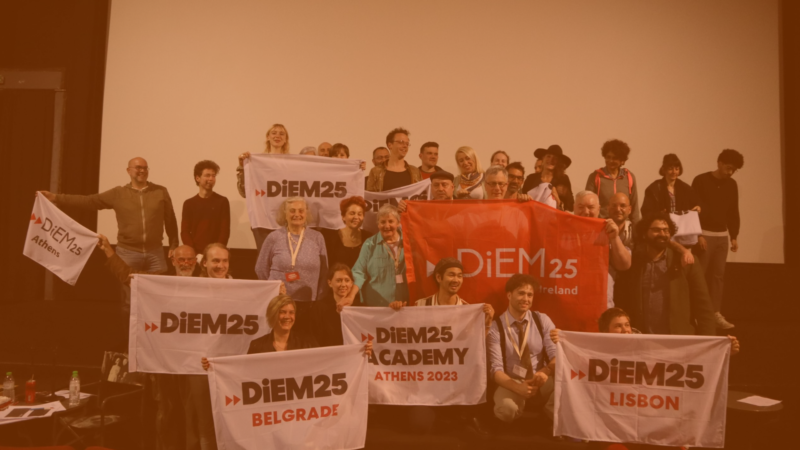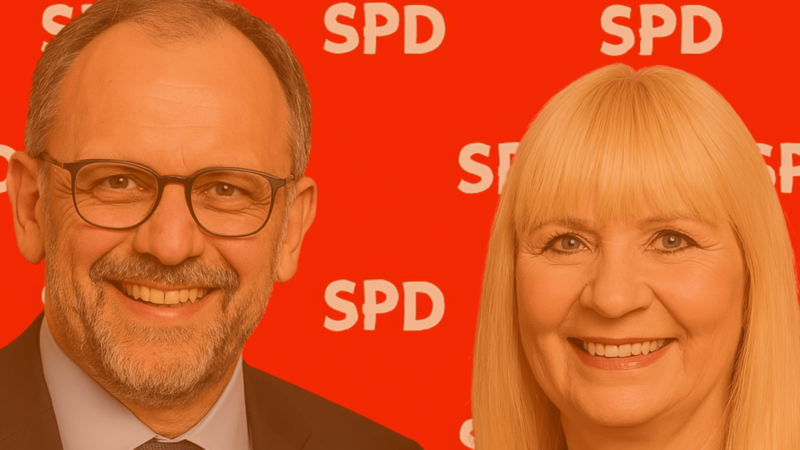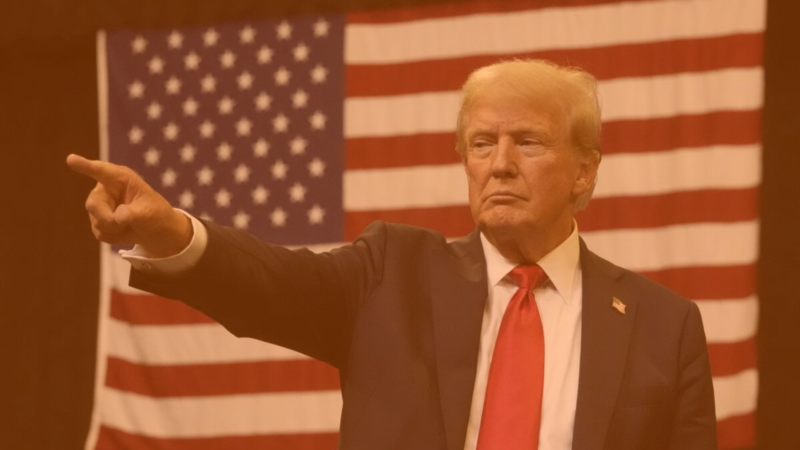In June of 2014, the United Nations Human Rights Council voted to allow negotiations for a legally binding treaty for Transnational Corporations (TNCs) to be held accountable for human rights violations around the world. Last week, on 8 March, the Inter-governmental working group (IGWG) presented the report of the third session, which included participation from over 100 states and 200 civil society organisations.
The initiative was co-sponsored by Ecuador and South Africa, and from the very beginning, two notable players have dragged their feet, even attempting to sabotage the process: The United States and the European Union.
Both voted against the start of the treaty negotiations in 2014, with the U.S. delegation saying that any treaty “would only be binding on the states that became party to it.” The EU has been consistent in its scepticism, using technical criticisms such as the issue that there may not be a legal precedent in international law, and whether the proposed treaty would conflict with trade and investment agreements. Attempts by EU representatives to slow or block the process have been subtle, for example, by rejecting the programme for the last session such that this had to be finalised when the discussions should have already begun. But they have also been egregiously direct: during the negotiations on the biannual budget of the Human Rights Council last December, EU representatives even tried to remove the allocated budget for the 4th IGWG session in October later this year.
All of this despite the fact that the European Parliament issued a resolution last September in support of the binding treaty process, begging the question: whom are the EU representatives even representing?
Importantly, the EU has been represented as a block. This has had the effect of muting opinions that might oppose the consensus. For example, in 2017 France adopted a law similar to that of the binding treaty, the “Loi de Vigilance” which makes French companies identify and prevent risk of human rights violations across their entire value chain and globally. Indeed, France has been one of the more supportive EU countries, but throughout the process, they have not been able to challenge the EU “consensus”.
All of this is simply unacceptable. EU representatives have to stop blocking the process and start participating constructively, just as is demanded of them from the European Parliament.
As a progressive pan-European movement, DiEM25 should support the binding treaty process, and DiEM25 members should pressure their governments to support the process as well.
David is a member of DSC Copenhague.
Do you want to be informed of DiEM25's actions? Sign up here















